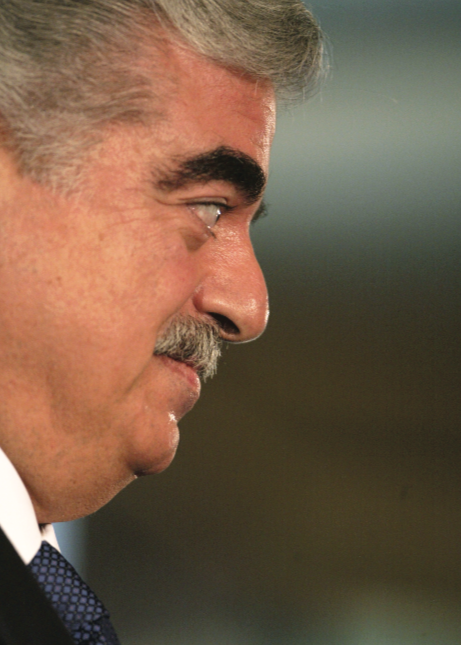Nicholas Blanford
Nicholas Blanford is a nonresident senior fellow with the Atlantic Council’s Middle East Programs, specializing in Lebanon and Syria, and an expert on Hezbollah’s military activities. Based in Beirut since 1994, he also serves as a consultant and defense correspondent for IHS/Jane’s, with previous roles at The Christian Science Monitor, The Times, The Daily Star, and Al-Jazeera America. Blanford has reported from multiple Middle Eastern countries, regularly participates in seminars, and has authored books including Warriors of God and Killing Mr Lebanon.

